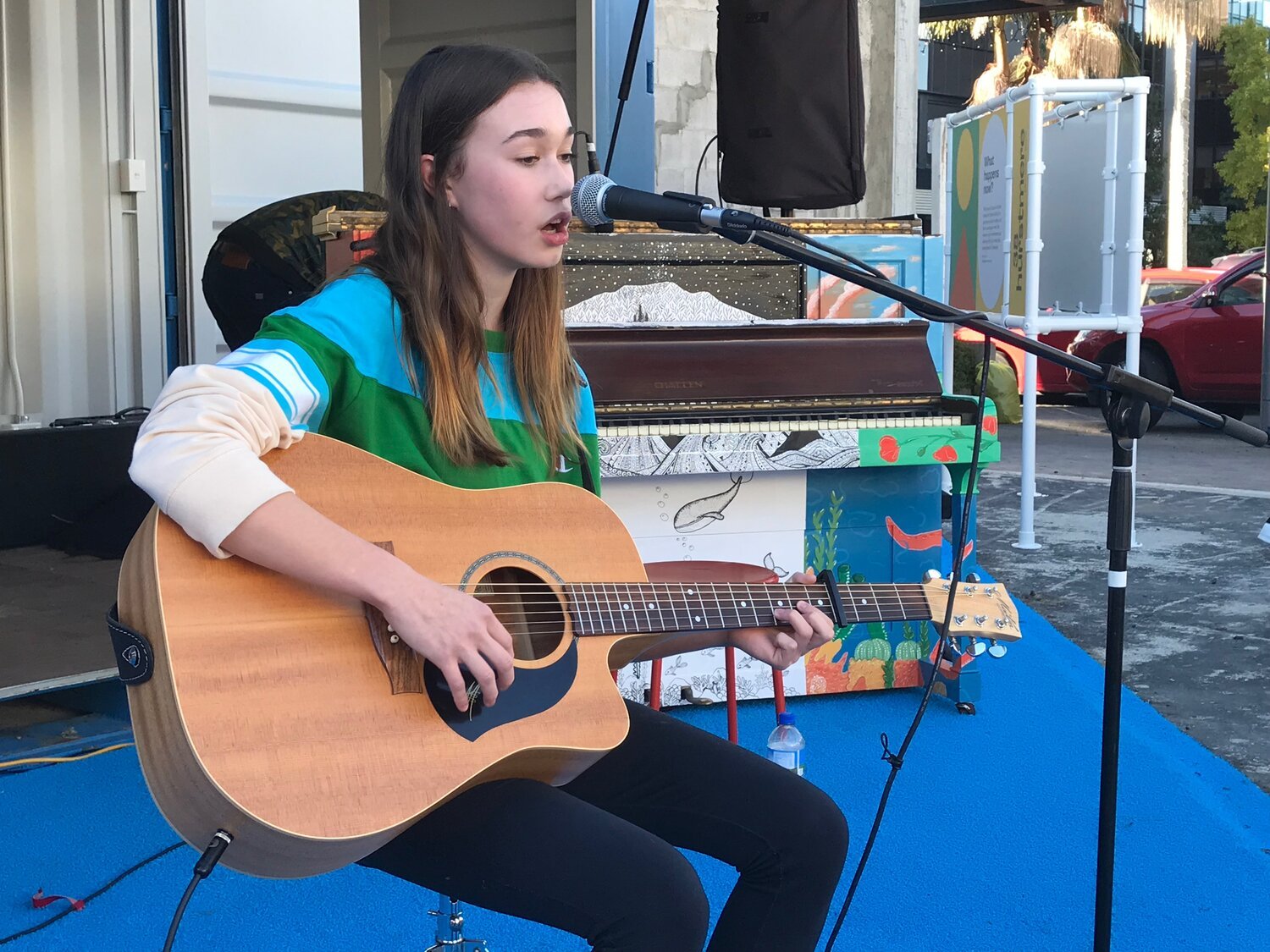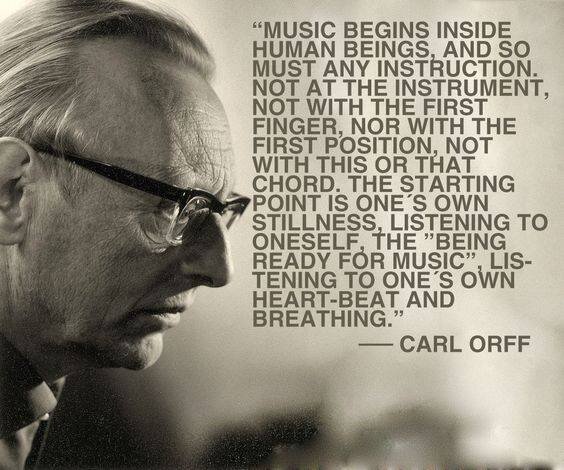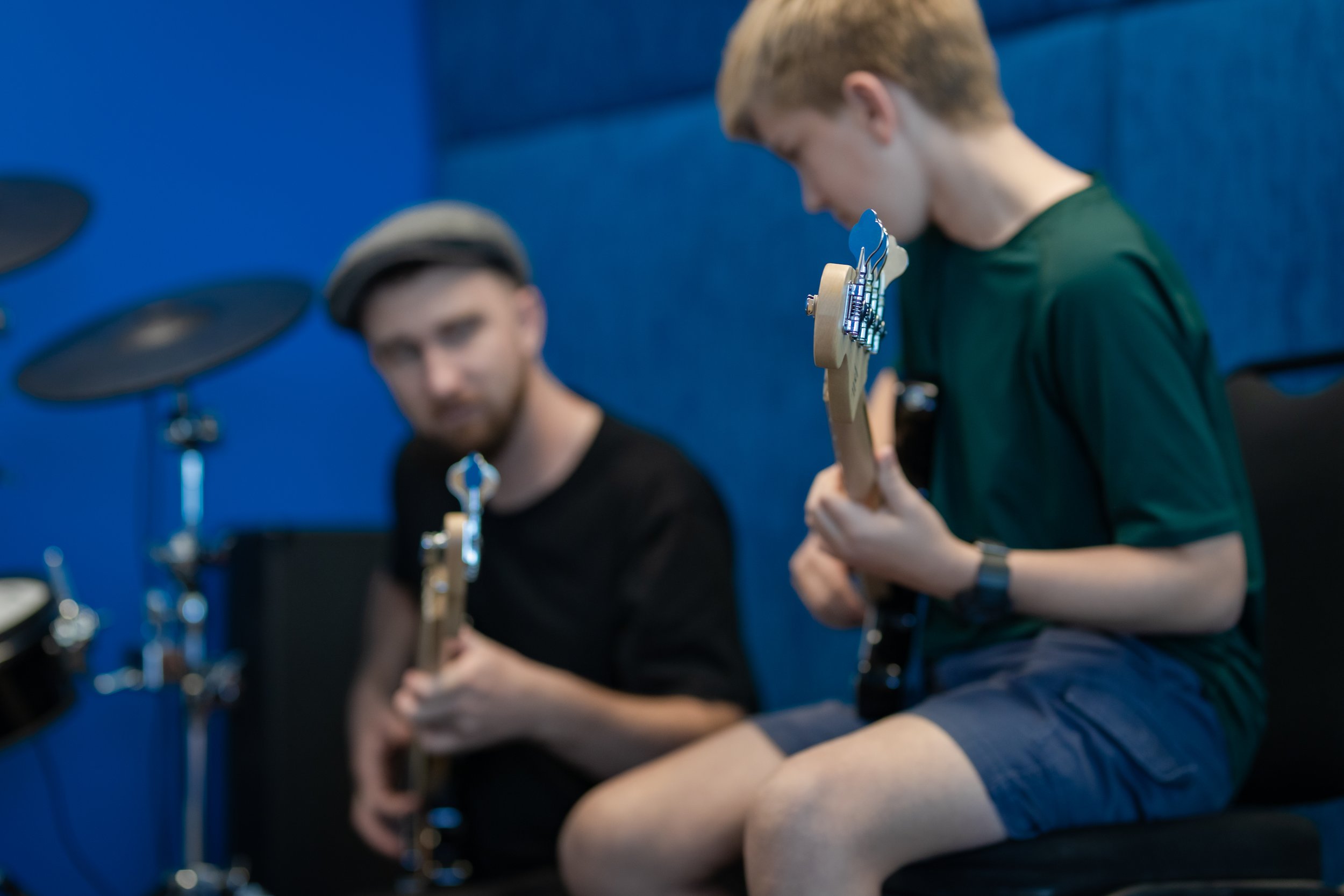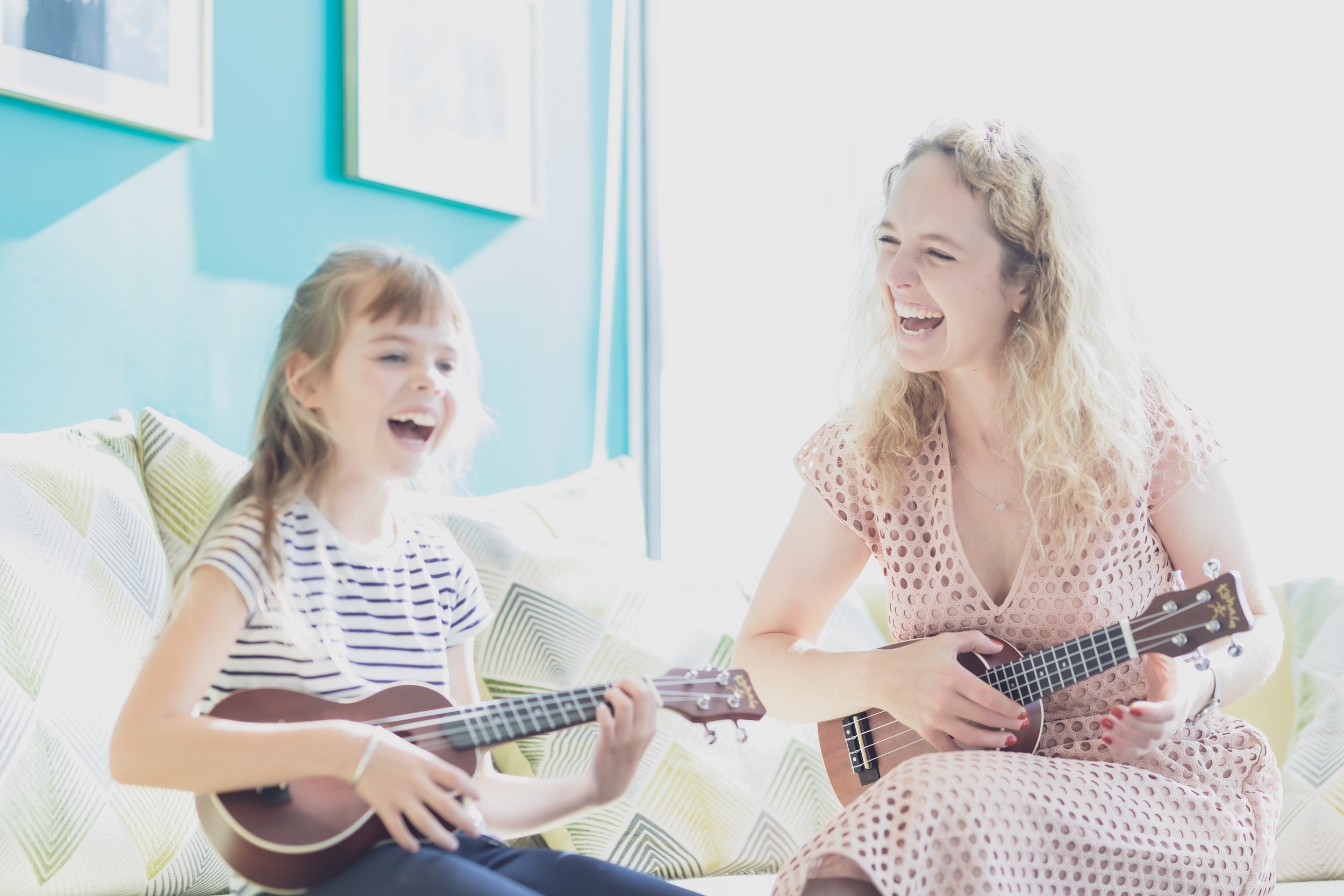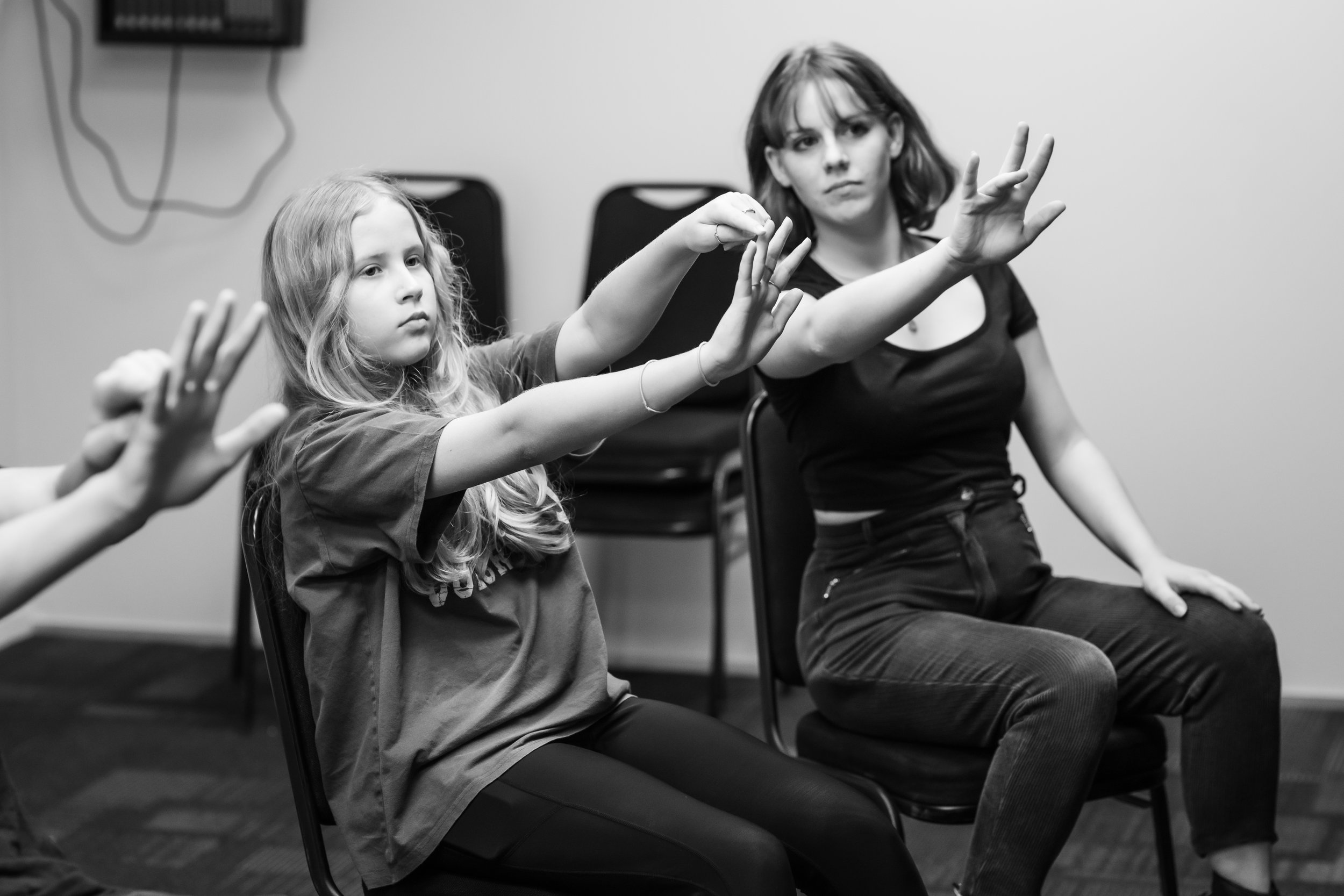Why We Teach The Way We Do
When you call or see us for the first time we tell you that we are a playing based music academy. We also tell you that everybody can learn to play music, that our aim is to get you to play great sounding music and that we don’t worry too much about learning to read, but that we look at that a little later.
I can see from my interactions that most people don’t really understand what I say, I want to go a little deeper in on the way we teach and why we teach this way.
Our teaching philosophies are very much in line with that of Neil Moore from Simply Music, I have used some of Neil's notes. Simply Music is our piano programme and we use the same methodology with our other instruments.
"It's our aim to give our students Music for life"
General Misconceptions
In the world of “teaching music” it is not unusual that both the educator, parent and the student believe that when a desired outcome is not reached that the student is at “fault”
Or there is something 'missing' in the student - some apparent lack of discipline, commitment, ability, talent or focus etc, etc.
We at Eliette’s Music Academy don’t only think this is just not true it’s also totally unacceptable. There is probably no other teaching subject where this would be possible. Sure a person can have learning difficulties, but overall we always set and strive for a certain level of outcome no matter what. We may adjust the level of expectation if need be along the way, but if we don’t get anywhere we don't say “it’s the students fault”.
General misconceptions are;
Learning to play an instrument is hard.
Learning to play music takes a long time.
You have to start learning music when you are young.
Some people have 'musical talent' and others don’t.
You need to learn to read music in order to play music.
If I can’t play music after a year it’s because of me, not my teacher. I just don’t have any talent.
"It's NOT important for a 6 year old to first read music"
Our aim
We strive for a music education system that:
Immediately connects with students (of all ages), with their deep and innate musicianship.
A methodology that has students playing great-sounding music - immediately - from their very first lessons.
Easily and immediately contributes to those who play as a means of interacting with and managing their special needs and/or complex learning differences.
Teaches students who simply want the enjoyment and the experience of playing music and having it as a companion in their lives.
We try to achieve and deliver a music eduction system that is designed to connect with the wants and the needs of our students at large.
A system that is designed to nurture and celebrate people who simply want to play for fun, recreation, therapy, companionship, personal entertainment, self-expression, solace and comfort or for the sheer and simple love of music.
Reading music
We still get this question all the time, both by parents and guardians that play music or that have never played music or have played music in the past but dropped out as they just hated to learn music.
They have this deep-seated point of view that reading music is the holy grail. They believe if you can read music you can pick up a music book and play this piece, just like that.
I'm here to tell you this is just not so. Yes you can work it out and study it. But there are very few people that can play music out of a book.
Learning first to read music rather than first learning to play music has also a very big negative. The problem with this is that once you train to just play music out of a book, then that's all you can do. Improvising becomes harder and being open to music is also much harder.
It's probably the biggest misconception we deal with and it sees a large percentage of children that never want to play an instrument again.
We were told "every year you will loose most your students". Instead we welcome back most our students back every year.
Our start
When we started Eliette’s Music Academy we were at one of the major music stores and got talking with one of the sales staff. He also was a music teacher and we asked how he managed his business.
He made it clear he did not see it as a business as he was in “the Arts” he also said, “Well you start new every year, it’s normal that students do not return”
I was amazed by the way he looked at this and surely his return customer base was telling him that the way he was teaching was probably not right anymore. Might have been 200 years ago. It simply did not occur to him that the classical way was a little old by now.
8 months later we welcomed our 70th student and when we met him again he asked how we were going. I told him we had 70 students. He did not react and he thought I said 7.
With a total understanding face he said “Yes 7 is about right in the first year” I corrected the number and could see it just did not compute we were at 70 students.
When we paid for whatever we bought he looked at me and said “sorry just clarifying did you say 70?”
I would hate to tell him how many students we have now and I believe it’s this that tells us we are on the right track.
We still learn every day and find better ways to teach. We are also very lucky we have found music teachers that understand our philosophy and are willing to learn a totally new way of teaching. We ask a lot of them and they are happy to come along for the ride and we appreciate that a great deal.
You can have a dream, a philosophy and an opinion on how to do something but without the right people next to you supporting that dream, it wouldn't be possible.

